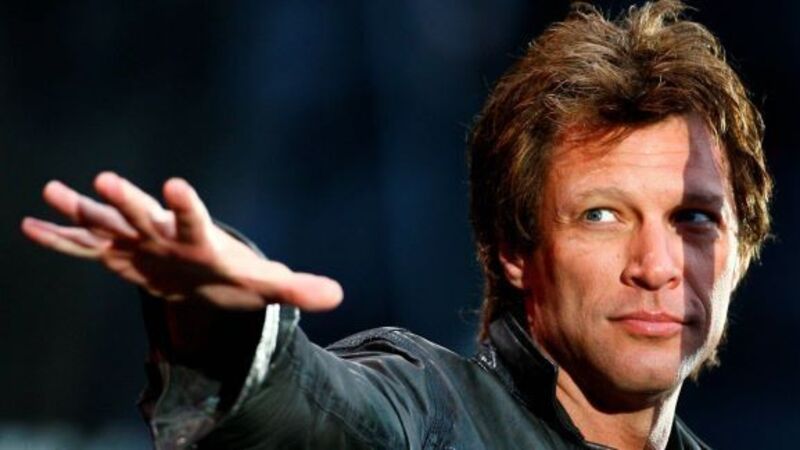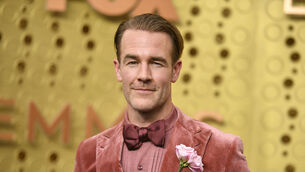Jon Bon Jovi - Still rocking the boat in roaring fifties

The first words he utters are a growled “F**k off”, when his PR informs him that he needs to have his photo taken.
He is preceded by his reputation — at least in the British and Irish press — as a sort of grumpy old man of rock. However, it soon transpires that, while Bon Jovi is still very much a rock star (perhaps even, if judged solely on album and concert ticket sales, the pre-eminent rock star of his generation), he is much less of a grumpy one these days. Today he is in full-on ‘charm’ mode; friendly and funny, with a habit of slapping you on the knee when he says something he’s particularly pleased with.










